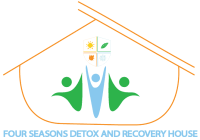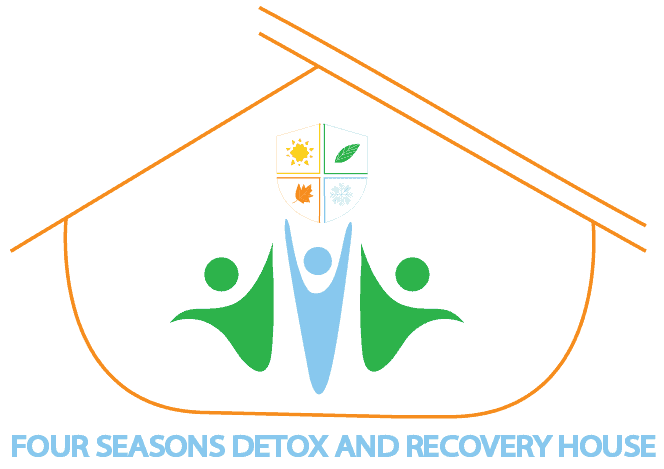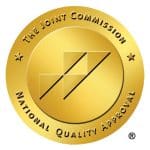Detoxing from alcohol is a crucial first step on the path to recovery. While some people consider detoxing at home, others opt for professional rehab facilities. Understanding the differences, safety concerns, and benefits of each approach can help you make an informed decision. This article explores the topic of alcohol detox at home versus professional rehab facilities, emphasizing the importance of safety and support throughout the detox process.
Understanding Alcohol Detox
Alcohol detoxification, or detox, is the process of eliminating alcohol from the body. This step is essential to address physical dependence and prepare the individual for further treatment and recovery. Detox involves managing withdrawal symptoms and ensuring the person remains stable and safe throughout the process. It’s a critical component of alcohol recovery, setting the foundation for long-term sobriety.
Home Alcohol Detox Safety
When considering detoxing at home, it’s important to understand the potential safety concerns. Detoxing at home might seem convenient and private, but it comes with significant risks. Safety precautions include having a support system in place, being aware of withdrawal symptoms, and having access to emergency medical care if needed. Home detox can be challenging due to the lack of medical supervision, which can lead to complications.
Risks of Home Detox
Detoxing from alcohol without medical supervision can be dangerous. The risks of home detox include severe withdrawal symptoms such as seizures, delirium tremens (DTs), and dehydration. These symptoms can escalate quickly and may require immediate medical attention. Without professional monitoring, the risk of life-threatening complications increases. Therefore, understanding these risks is crucial for anyone considering home detox.
Benefits of Professional Detox
Undergoing detox in a professional rehab facility offers numerous advantages. Professional detox programs provide medical supervision, ensuring that withdrawal symptoms are managed safely and effectively. Medical staff can administer medications to ease withdrawal symptoms and address any complications that arise. Additionally, professional detox facilities offer psychological support, helping individuals cope with the emotional challenges of detox and recovery.
Alcohol Rehab Centers
Alcohol rehab centers offer comprehensive care beyond detoxification. These facilities provide a structured environment where individuals can focus on their recovery without external distractions. Inpatient rehab centers offer 24/7 medical care and support, while outpatient programs provide flexibility for those who cannot commit to a full-time program. Rehab centers also offer therapy, counseling, and support groups, which are essential for long-term recovery.
How to Support an Alcoholic
Supporting someone going through alcohol detox can make a significant difference in their recovery journey. Offering emotional support, being patient, and providing practical assistance, such as helping with daily tasks, can be invaluable. It’s important to encourage them to seek professional help and to be understanding of the challenges they face. Learn more about how to support an alcoholic.
How to Talk to an Alcoholic
Effective communication is key when talking to an alcoholic about their condition. Approach the conversation with empathy, avoid judgment, and express your concerns in a non-confrontational manner. Focus on specific behaviors and their impact rather than making general accusations. Encourage them to consider professional help and offer to support them through the process. Learn more about how to talk to an alcoholic.
6 Stages of Alcohol Recovery
Understanding the stages of alcohol recovery can provide insight into the detox process and beyond. The six stages are pre-contemplation, contemplation, preparation, action, maintenance, and relapse prevention. Each stage represents a different phase in the journey to sobriety, and detox is a critical step in the early stages. Learn more about the 6 stages of alcohol recovery.
Luxury Detox Options
For those seeking a more comfortable and private detox experience, luxury detox facilities are an option. These facilities offer high-end amenities, personalized care, and a tranquil environment to promote healing and recovery. Luxury detox programs often include holistic therapies, gourmet meals, and private accommodations, providing a comprehensive approach to detox and recovery. Learn more about luxury detox options.
Drug Misuse vs. Abuse
Understanding the difference between drug misuse and abuse is essential in the context of alcohol detox. Drug misuse involves using substances in a way that is not intended or prescribed, while drug abuse refers to the compulsive and harmful use of substances. Both can lead to addiction and require professional intervention. Learn more about drug misuse vs. abuse.
Conclusion
Choosing the right method for alcohol detox is a personal decision that should be made with safety and long-term recovery in mind. While home detox may seem appealing, the risks often outweigh the benefits. Professional rehab facilities offer a safer, more structured environment that supports both the physical and psychological aspects of detox and recovery. If you or someone you know is struggling with alcohol addiction, seeking professional help is the best course of action.
If you need help with alcohol detox or have questions about our programs, contact Four Seasons Detox today. Our team of professionals is here to support you every step of the way on your journey to recovery. Reach out to us for more information and start your path to a healthier, sober life.






